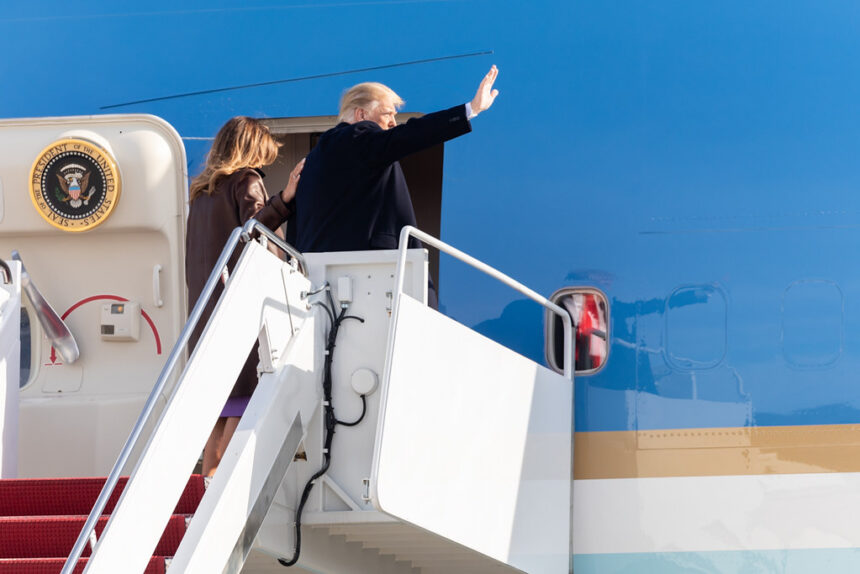Tesla shares continued to lose ground on Friday. They fell about 4%, trading at around $242.
This decline follows a 7.3% fall on Thursday when the stock ended at $252.40.
Tesla has now fallen over 35% in the past year, which is by far the most steep decline of all major tech companies.
On Friday, the broader market opened with a lower opening, as well. The Dow Jones Industrial Average fell 241 points or 0.6%. S&P 500 was down 0.4%. And the Nasdaq Composite eased 0.2%.
This recent decline comes following a strong rally Wednesday, when Tesla surged 22,7% — its second largest one-day increase on record. President Donald Trump announced a temporary suspension of reciprocal tariffs on non-retaliating nations.
This rally is second to only the 24,4% increase recorded by the company on May 9, 2013 when it reported its first ever quarterly profit.
Tesla’s stock has suffered a decline of over 20% in April since Trump announced the tariffs.
Investors are increasingly concerned about the escalating tensions in trade between China and the US, especially for Tesla and other automakers that face the double threat of higher costs and lower demand.
Tesla no longer accepts new orders from China
According to the website of Elon Musk’s company and WeChat, new orders have been suspended for Model S and Model X cars in China.
This move impacts two Tesla premium models that are both made in the United States but imported to China where tariffs in retaliation have pushed up prices.
China has responded to the tariff increases of President Donald Trump by suspending imports.
Beijing raised tariffs against US goods on Friday to 125% after Washington increased duties to 145%.
Tesla may not have given a formal reason for the move, but the timing of the announcement suggests that it is the result of deteriorating trade relations in China, which has made US-made vehicles less competitive on the Chinese market.
Due to the added tariffs, American EVs are significantly more expensive than their domestic counterparts. This reduces their appeal for Chinese consumers.
Tesla Model 3 and Model Y cars, produced at the Shanghai Gigafactory, remain unaffected. Tesla sells a large number of its locally-built models in China and exports them to many other countries, such as Europe.
Tesla is less vulnerable to tariffs than its competitors due to its domestic production base.
Analysts reduce price targets on TSLA Stock
Wall Street is losing faith in Tesla as trade tensions escalate and demand falls.
All analysts from UBS Goldman Sachs and Mizuho reduced their target prices, warning further risk to profitability and earnings.
UBS was the most harsh, reducing its price target from $225 to $190 and keeping a sell rating. This implies a nearly 30% decline from Wednesday’s closing.
Analyst Joseph Spak warned of inflated expectations for earnings and that the results in the first quarter 2025 may prompt further revisions downward.
Goldman Sachs reduced its target from $275 to $260, maintaining a neutral stance.
Mark Delaney, an analyst, acknowledged Tesla’s AI initiatives and software as possible offsets. However, he noted that there are still concerns about weak demand for cars, higher input costs due to tariffs and uncertainty surrounding US EV incentives.
Mizuho’s view was more positive despite lowering its goal to $375, down from $430.
Vijay Rakesh, an analyst at Vijay Rakesh, retained his Outperform ranking and expressed confidence that Tesla would be able to continue its lead in the US electric vehicle space despite increased competition from Europe and China.
The post Tesla Stock Drops Another 4% On Friday could be updated as new information unfolds.
This site is for entertainment only. Click here to read more






